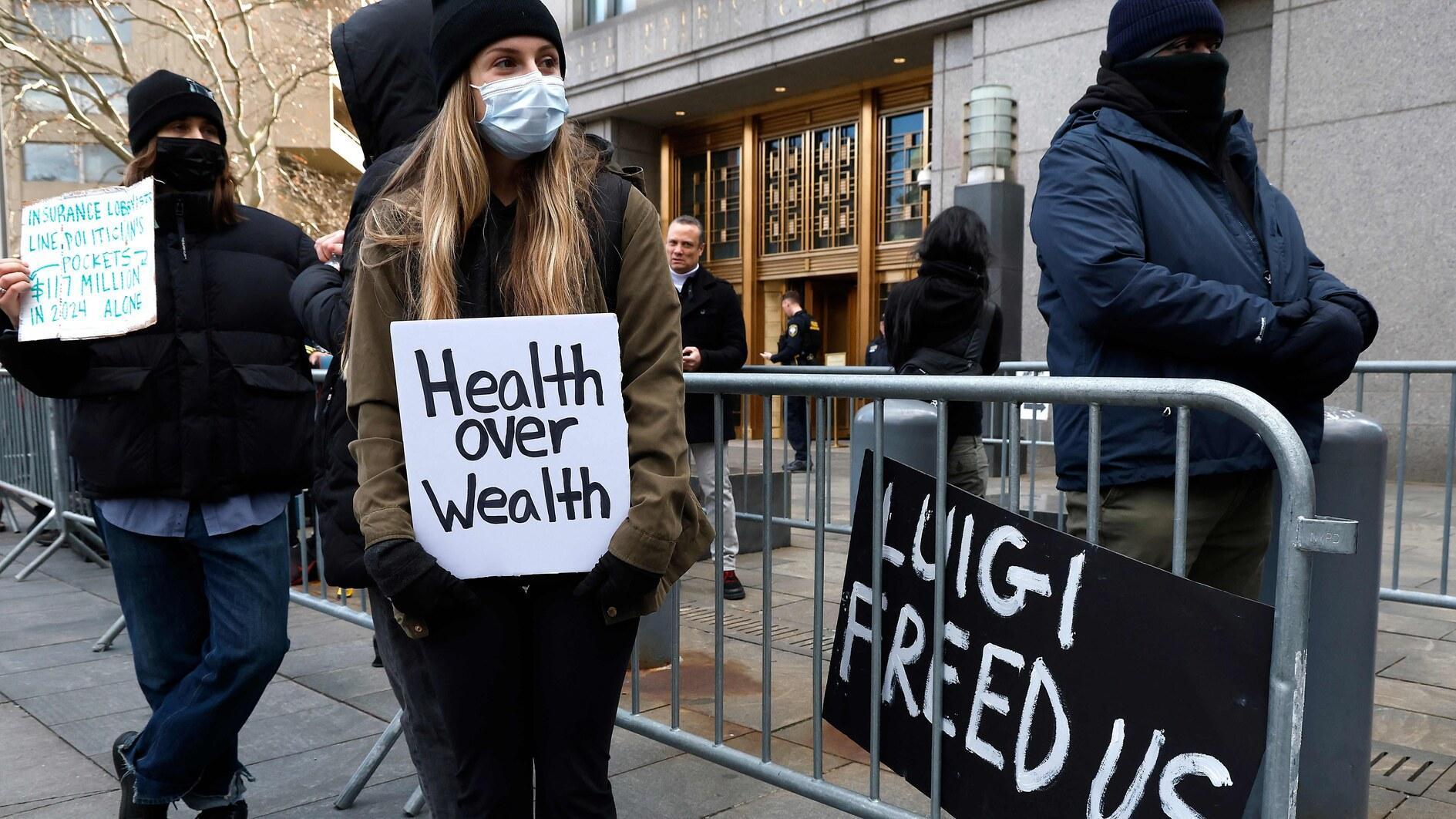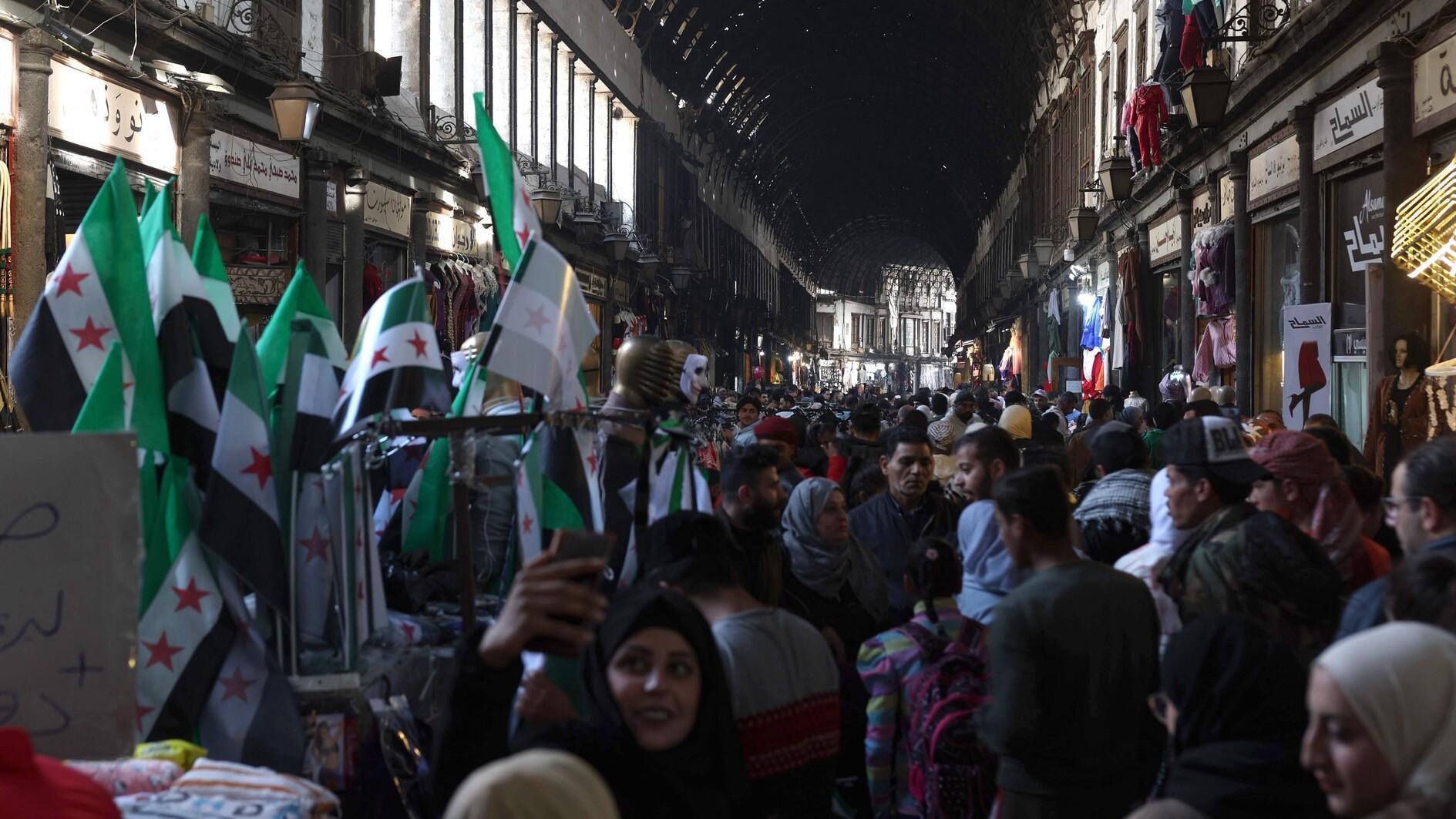Turkey torn between ISIL and the PKK
This has been a terrible week for Turkey. Riots hit dozens of cities, mostly in the predominantly Kurdish southeast, leading to more than 30 deaths. Most protestors were Kurdish nationalists mobilized by the Peoples’ Democratic Party (HDP), a political party that acts as the unofficial arm of the Kurdistan Workers’ Party (PKK), which Turkey considers a terrorist group.
They were angry at the government for not helping their brethren in the northern Syrian city of Kobane, who have been hopelessly resisting the ongoing onslaught of the so-called “Islamic State” of Iraq and Syria (ISIL). But the protesters’ anger, and their wanton violence, didn’t help much in convincing the Turkish public that Kurdish fighters in Kobane must indeed be supported.
For most Western observers, the stance of the Turkish government in all this mess is incomprehensible. Why, they wonder, is Turkey doing nothing to help the heroic defenders of Kobane against the brutal jihadist hordes. The answer often comes by concluding that the Turkish government must have some sympathy for ISIL, due to its Islamist sentiments and anti-Kurdish biases.
The reality, however, is a bit more complicated. There is plenty of evidence to conclude that Ankara does see ISIL as a threat, and does not want to see its dominance extend beyond its southern borders. However, Ankara has two other preoccupations that are not shared by Western capitals: First, the armed Kurds in Syria, which are ultimately an extension of the PKK. Second, the Bashar al-Assad regime, which Ankara still sees as the mother of all evil in Syria.
But are these considerations right? Well, yes and no. As for the Kurds, Turkey’s decades-old concern with the PKK cannot be trashed out overnight, especially in the face of a public which still sees the group as Turkey’s main enemy. Yet still, this is the same PKK with which the Justice and Development Party (AKP) government has been carrying out a much-hailed “peace process.” So, for the sake of both the process and Turkey’s domestic peace and stability, Ankara must be more amenable to the pro-PKK faction in Syria, which is now fighting for its survival.
As for al-Assad, it is true that his regime is evil, and deserves all sorts of condemnation, but Ankara must realize that now ISIL is an independent threat, with its own mania and bloodlust. Therefore the we-will-not-fight-ISIL-unless-al-Assad-is-also-fought mantra should be left aside, and ISIL must be confronted as a threat of its own, not as a mere “symptom” of the al-Assad disease.
But what does this all practically mean? It doesn’t mean that Turkey has to send its tanks over the Syrian border to help defend Kobane, as some have been suggesting. Even the Kurds are not asking for that. What they ask is rather for a “corridor” inside Turkey to connect Iraqi Kurdistan and Kobane to carry fighters, arms, and supplies, and they should get that immediately. Ankara should stop interrogating them about how close they are to al-Assad and other trivia, at a time when they are facing ultimate destruction.
Meanwhile, the leaders of Turkey’s Kurdish movement must see that they cannot convince the Turks that they are not a “terrorist organization” by terrorizing streets, vandalizing property and lynching opponents. Had they been wiser, they could have organized non-violent demonstrations, which could have helped more people realize the tragedy in Kobane and Turkey’s moral responsibility to help more.











